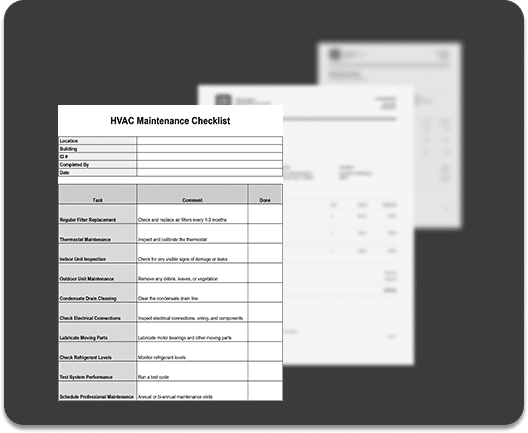Today, more than 51 million people have chosen to work independently rather than have a permanent, full-time job. And the vast majority of independent contractors are very satisfied with the flexibility and creativity their career path affords. Most plan to remain independent and even build a larger business.
This is good news for businesses today. The hiring game is tough right now, and employee tenure is at its lowest level since 1980. Rather than focusing on building a workforce of traditional, long-term employment, a blended workforce that includes independent talent can truly give enterprises a competitive upper hand. Below, we explore five benefits of hiring independent contractors.
Expertise on Project-Based Work
Outsourcing work on a project basis is becoming a common practice. Engaging independent contractors for projects that require specific skills or additional resources allows companies to access in-demand skills, get to market faster, better manage turnover, and have flexibility in cost models.
Independents are experts in their industry. Many have in-demand skills that can be hard to find in a full-time employee. Using an independent contractor for a project rather than investing the time to hire an employee with the same skills, simply makes more sense for many companies. Independents are also well-positioned for project-based work. They operate as their own independent business, completing the work outlined in their contract for a client.
Up next: 5 Benefits of Project-Based Staffing
Reduced Onboarding Time
The cost of onboarding and educating a full-time employee is expensive. Independent contractors, on the other hand, hit the road ready to go. You don’t need to provide them with any additional training.
Today, there is great technology available to help tailor the onboarding process to fit the needs of your business. This can help independents move through the process more quickly, thoroughly, and efficiently. Independent contractors not only value a fast and efficient onboarding process, but it also streamlines traditional onboarding procedures such as background checks, contract review, and compliance tasks. Working with a company like MBO can make the process even easier by automating tasks like payment and engagement documentation.
Check out: Onboarding Independent Contractors: 7 Steps you can take to make onboarding easier and get work started
Staffing Flexibility
While finding a skilled, full-time employee is great, there can be a high cost of continued employment. Outsourcing work to independent contractors is often much more cost effective than hiring a permanent employee. Once a project is complete, independent move on to their next contract—you’re not on the hook for continued employment.
This staffing flexibility offers companies the ability to staff up or down according to current goals and growth. This can make businesses more agile and competitive among their peers while bypassing the expense of recruiting, hiring, and training an employee for the same work.
Learn more: 8 Ways Direct Sourcing Reduces Staffing Costs
Cost Savings
Independent contractors are often more cost effective than employees for several reasons. First, because independents are their own business entity, they are responsible for providing their own benefits and paying both the employer and employee portion of Social Security and Medicare (FICA). Second, independent contractors are experts in their respective fields. Engaging an independent can help companies save both time and money on training, onboarding, and managing a full-time employee. Third, by moving recruiter functions in-house, companies can save on costly markups from third-party staffing or consulting firms.
Discover more cost-savings: 3 Reasons Independent Contractors Are Cost-Effective
Building a Reliable Network
One of the biggest benefits of independent talent is the ability to re-engage them for future needs. Independents who have already successfully worked with your company are familiar with the processes and culture. They know how projects run, and, since they have already been through the onboarding process, re-engagement is often much faster.
In fact, to take this a step further, companies can create virtual benches of talent. A virtual talent bench is a group of independent talent who have already performed all onboarding steps including background checks, work arrangement validations, equipment assignments, etc. prior to a role being offered. With a virtual bench, talent can be quickly deployed as soon as project needs arise.
Check out: The Value of a Virtual Talent Bench


















